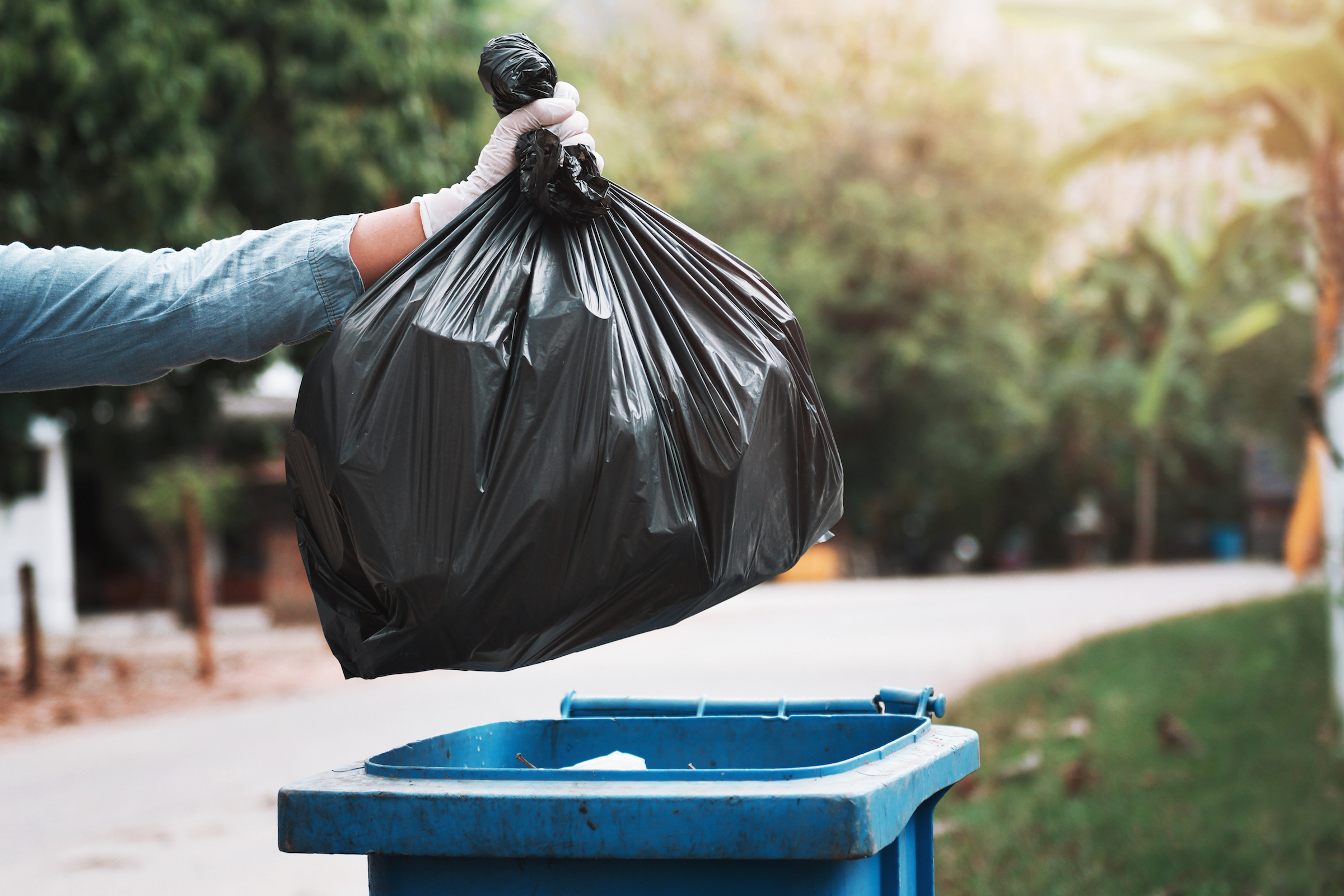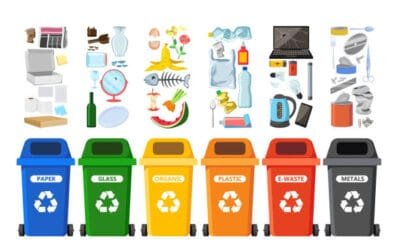Introduction to Garbage Bags Manufacturing in Kenya
Garbage bags might seem like a simple commodity, but they play a vital role in keeping Kenya clean and healthy. With the rapid growth of urban centers such as Nairobi, Mombasa, and Kisumu, efficient waste management has become more important than ever. Garbage bags help to safely contain and transport waste, reducing litter and health risks. Behind these everyday essentials is a growing manufacturing sector that is adapting to meet Kenya’s unique demands, environmental regulations, and consumer preferences. This article explores the landscape of garbage bag manufacturing in Kenya, highlighting real companies, materials used, challenges, and future opportunities.
The Crucial Role of Garbage Bags in Waste Management
Proper waste disposal is essential to protect public health and the environment. Garbage bags:
- Contain waste securely to prevent spills and littering
- Protect waste handlers from direct contact with hazardous materials
- Facilitate easy collection and transport of trash
- Help reduce odors and pest infestations
Without quality garbage bags, waste management systems struggle to function efficiently, especially in densely populated urban areas.
Growth of the Manufacturing Sector in Kenya
Kenya’s manufacturing industry has grown steadily, supported by government initiatives such as “Buy Kenya, Build Kenya.” Local production of plastic products like garbage bags has expanded to meet increasing demand and reduce dependency on imports. This has created opportunities for both established companies and new entrants.
Understanding the Kenyan Market for Garbage Bags
The garbage bag market in Kenya is diverse, catering to households, businesses, government institutions, and industries.
Demand and Supply Dynamics
While imports still account for a significant share of the market, local manufacturers are expanding their presence by offering competitive prices, good quality, and faster supply. Supermarkets, hospitals, hotels, and offices are the main customers.
Popular Types of Garbage Bags
Kenyan consumers use a variety of garbage bags:
- Small kitchen liners (5-20 liters)
- Medium-sized bags (30-50 liters) for offices and small enterprises
- Heavy-duty bags (60 liters and above) for commercial and industrial waste
- Biodegradable bags for environmentally conscious users
Leading Garbage Bag Manufacturers and Suppliers in Kenya
Here are some real key players shaping the Kenyan garbage bag industry:
Plastics Solutions Ltd
Established in Nairobi, Plastics Solutions Ltd is one of Kenya’s leading manufacturers of plastic bags, including garbage bags. Known for their durable and affordable products, they supply households, retail chains, and businesses across the country.
Kenpoly Manufacturers Ltd
Kenpoly is a major player in Kenya’s plastics industry and has a wide range of plastic products, including garbage bags. The company has invested in improving product quality and expanding distribution, making their garbage bags a common choice in many markets.
Polyplastic Limited
Polyplastic Limited manufactures a variety of plastic products and is recognized for its innovation in producing biodegradable and eco-friendly garbage bags. They align with Kenya’s environmental policies and are pioneers in sustainable packaging solutions.
AfyamedSupplies.com
AfyamedSupplies.com is a reputable online supplier that offers a wide range of garbage bags, including biodegradable options. Their easy online ordering and reliable delivery services have made them a popular choice among businesses and households seeking eco-friendly waste solutions.
Jumia Kenya
Though not a manufacturer, Jumia Kenya is a leading e-commerce platform that supplies garbage bags from various local manufacturers. This platform has greatly improved accessibility for consumers by providing a wide selection, competitive prices, and customer reviews to guide buying decisions.
Materials Used in Garbage Bag Manufacturing
Most garbage bags in Kenya are made from:
- Low-Density Polyethylene (LDPE): Soft and flexible, commonly used for household waste bags
- High-Density Polyethylene (HDPE): Stronger and more rigid, suitable for heavy-duty waste
Sustainability is driving demand for alternative materials such as:
- Biodegradable plastics: Made from plant-based materials like polylactic acid (PLA)
- Recycled plastics: Incorporating recycled materials to reduce environmental impact
Manufacturing Process of Garbage Bags in Kenya
The production process typically includes:
- Raw Material Procurement: Sourcing plastic pellets from local or international suppliers
- Extrusion: Melting and forming the plastic into thin films
- Printing: Adding branding or instructions as needed
- Cutting and Sealing: Forming individual bags by cutting and heat sealing edges
- Quality Control: Ensuring the bags meet strength and durability standards
Challenges Facing Garbage Bag Manufacturers
Kenyan manufacturers face challenges such as:
- Volatile Raw Material Prices: Plastic prices fluctuate with global oil markets, impacting production costs.
- Stringent Environmental Regulations: Kenya’s plastic bag ban requires manufacturers to develop eco-friendly alternatives.
- Competition from Imports: Cheaper imported bags can undermine local producers.
- Consumer Awareness: Educating customers about biodegradable options and proper waste disposal remains a challenge.
Sustainability and Innovation
Sustainability is becoming a key focus for manufacturers. Efforts include:
- Producing biodegradable and compostable garbage bags that break down naturally
- Incorporating recycled plastics into manufacturing to reduce waste
- Launching recycling and awareness campaigns
- Partnering with government and environmental groups to promote responsible disposal
Government Role and Regulations
Kenya’s government has played an active role in shaping the plastic bag industry:
- The 2017 ban on single-use plastic bags encouraged manufacturers to pivot towards biodegradable bags.
- Incentives and policies encourage investment in green manufacturing technologies.
- Ongoing regulation ensures compliance and promotes environmental responsibility.
Opportunities for New Entrants
The garbage bag sector offers opportunities for:
- Innovators focusing on biodegradable and eco-friendly products
- Manufacturers catering to niche markets like healthcare, hospitality, and waste management companies
- E-commerce platforms expanding reach and convenience for buyers
- Exporters targeting the East African regional market
Choosing the Right Manufacturer or Supplier
When sourcing garbage bags in Kenya, consider:
- Product quality and durability
- Compliance with environmental standards
- Variety of product offerings, including biodegradable options
- Customer service and reliability
- Positive reviews and market reputation
Environmental Impact of Garbage Bags
Plastic waste remains a significant environmental concern. Kenyan manufacturers are adopting:
- Biodegradable materials to minimize long-term pollution
- Efficient production methods to reduce carbon footprint
- Consumer education on proper disposal and recycling
Pricing and Distribution
Pricing depends on bag size, material, and volume. Distribution channels include:
- Direct sales to large consumers like government bodies and companies
- Retail outlets and supermarkets
- Online platforms such as AfyamedSupplies.com and Jumia for wider consumer reach
Future Outlook for Garbage Bag Manufacturing in Kenya
The industry outlook is positive due to:
- Urban population growth fueling demand
- Increased environmental awareness pushing biodegradable products
- Advances in sustainable production technologies
- Government support for local manufacturing and eco-friendly solutions
Conclusion
Garbage bag manufacturing in Kenya is more than just a plastic production business—it’s a vital part of the country’s waste management and environmental sustainability efforts. Companies like Plastics Solutions Ltd, Kenpoly, and Polyplastic Limited are leading the way with durable and innovative products. Suppliers like AfyamedSupplies.com and Jumia Kenya have improved access to both traditional and biodegradable garbage bags. With rising demand, evolving regulations, and growing consumer environmental consciousness, the sector is poised for growth and transformation. Whether you’re a consumer, business owner, or investor, understanding Kenya’s garbage bag manufacturing landscape can help you make informed and responsible choices.
FAQs
What types of garbage bags are most popular in Kenya?
Low-density polyethylene bags dominate household use, while high-density bags serve industrial needs. Biodegradable options are gaining popularity due to environmental concerns.
Are biodegradable garbage bags available from Kenyan manufacturers?
Yes, companies like Polyplastic Limited produce biodegradable bags, and suppliers such as AfyamedSupplies.com provide easy access to these eco-friendly products.
How can businesses ensure they source quality garbage bags?
By choosing reputable manufacturers with a proven track record, good customer reviews, and compliance with environmental standards.
What environmental regulations affect garbage bag manufacturing in Kenya?
The ban on single-use plastic bags and policies encouraging biodegradable alternatives significantly influence manufacturing practices.
Can Kenyan manufacturers export garbage bags internationally?
Yes, some manufacturers are expanding exports to East African neighbors and beyond, leveraging quality and competitive pricing.
Where can I buy garbage bags and biodegradable bags in Kenya?
You can purchase them from local manufacturers’ distributors, as well as online platforms like AfyamedSupplies.com and Jumia Kenya.




0 Comments